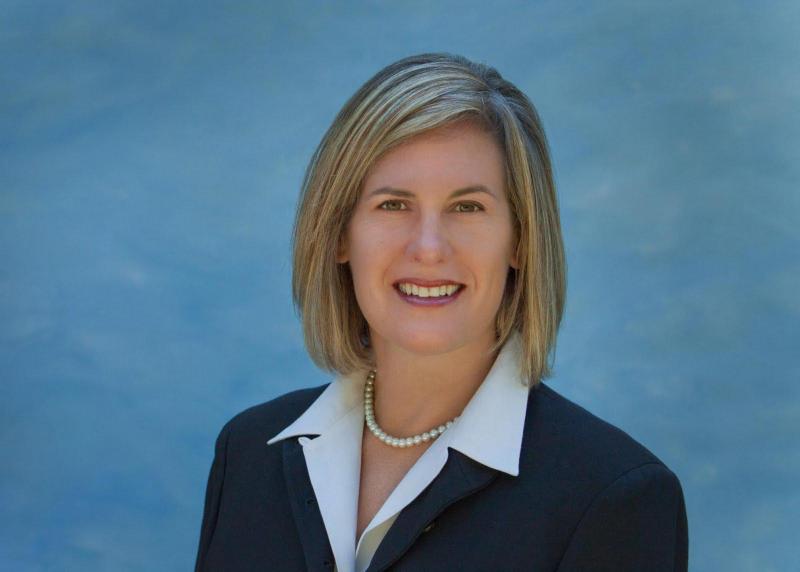Dill aiming for long-term solutions
Cynthia Dill has driven through Wiscasset more than a dozen times in her U.S. Senate campaign, and she's been caught in the same Route 1 bottleneck that motorists here endure every summer.
If the food at Red's Eats wasn't so good, the backup would probably be less than it is, she said.
But if Maine sends her to Congress, the democrat wants to work with local and state officials “in trying to find a solution that suits the community and the long-term interests of our transportation needs,” she said.
Her ideas for Midcoast traffic are in line with her perspective on transportation in general. “I think we really need to have a fresh approach … We need to invest in alternative transportation modes... ” she said. Fewer cars and more rail travel, as well as bicycle lanes and commuter vans, would ease congestion and be easier on the environment, Dill said.
“We need to move away from our reliance on automobiles and toward a transportation system that's good for people, good for the environment and gets people where they want to go, efficiently,” she said.
Maine Yankee's lesson, and other thoughts on energy
All those spent fuel rods in Wiscasset are an example of why Dill opposes nuclear power. No one has figured out a safe, permanent way to deal with the waste, she said. Maine Yankee is a decommissioned nuclear power plant in Wiscasset.
“It's a complicated issue that needs thoughtful people to solve it,” she said. “I will do everything I can to protect Maine families and businesses from any kind of unhealthy exposure.”
Dill supports a multi-pronged approach to energy, including making homes more energy-efficient and continuing to fund winter heating oil aid for those senior citizens and other Mainers who need help filling their oil tanks. But the future is in sustainable and renewable energy forms, and Maine can reap jobs from them, she said.
The candidate has concerns about industrial wind turbines on Maine's mountains. “I do support wind (power). It just has to be sited appropriately.” She said the potential opportunities for solar, biomass and tidal power, meanwhile, “are very promising in Maine.”
Shoring up benefits
Dill is adamant about wanting to “protect and strengthen” Social Security and Medicare, two things with particular import in a population so notably old as Lincoln County's. She plans to fight efforts to put the squeeze on either of the benefits as a means to lighten the nation's debt.
“I don't think we should balance the budget on the backs of Maine's seniors and families by cutting Social Security and Medicare,” Dill said. The benefits are not to blame for the U.S. deficit, low taxes on the highest income-earners are, she said. “I believe the millionaires and billionaires and big corporations are not paying their fair share … and we need to make adjustments.”
Raising income taxes on the high-earners can strengthen Social Security, while allowing the government to negotiate with pharmaceutical companies on prescription drug costs can help with Medicare, Dill said.
Eye on job growth
Dill doesn't share the skepticism some political pundits have had over the new, lower unemployment numbers. She views the jobs report as a sign President Obama's efforts are working, and she'll work to help continue the progress, she said. “I'm thrilled that Maine people finally have a good news story to celebrate, and that story is a result of the work that President Obama and members of Congress did to turn the economy and create jobs.”
“So what I can do is support the president and everybody who wants to come together and turn the economy, so Maine working families can have economic prosperity and security and business can thrive again,” Dill said. “I think we're riding a wave of positive momentum and I can join with the president in taking us out of the recession and into the future.”
In addition to seeking job growth in new areas like alternative energy sources, Dill said she'll look out for Maine's existing livelihoods such as lobstering. Making it easier for more lobster processing plants to open would create new jobs and “add value” for the lobstermen, she said.
Event Date
Address
United States

























